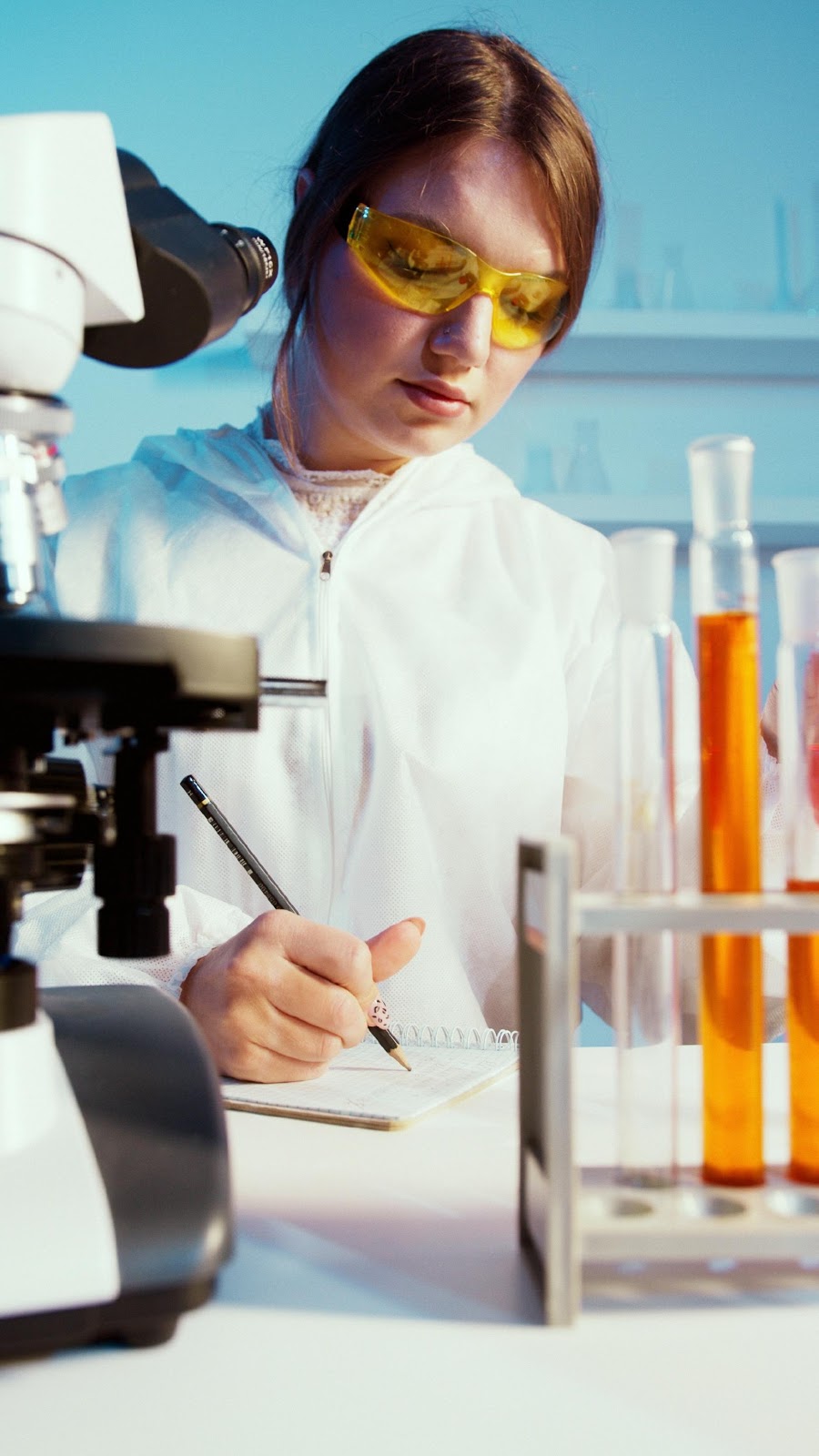The woman is the backbone of the family. Bryn Mawr Women’s Health Associates can provide care for all women. Their physicians are committed to provide healthcare and well-being of women. 
Bryn Mawr Women’s Health Associates Location :
Bryn Mawr Women’s Health Associates is located at 919 Conestoga RD, Ste 104, Bldg 1 Rosemont, PA 19010.
Telephone Number
+1 610-525-6400
What is the Bryn Mawr Women’s Health Associates?
Bryn Mawr Women’s Health Associates is a medical organization that specializes in treating a multitude of gynecologic issues including heavy periods, cervical disease abnormal bleeding, and endometrial polyps.

What Bryn Mawr Women’s Health Associates can offer to the woman?
Bryn Mawr Women’s Health Associates also can offer all contraception including IUDs and obstetrical services like giving care for the pregnant woman which includes high-risk as long as low-risk pregnancies.
How many providers practice at Bryn Mawr Women’s Health Associates?
There is one provider practice at Bryn Mawr Women’s Health Associates called DR. Kai Wu, MD. She is a gynecologist and obstetric.
What are the top specialties practiced at Bryn Mawr Women’s Health Associates?
Doctors at Bryn Mawr Women’s Health Associates specialize in obstetrics and gynecology. The Doctors at this organization do their best to find the best care for all women and their families.
What do Gynecology and Obstetrics mean?
It is a branch of medicine that specializes in the care of women during pregnancy, childbirth, the diagnosis, treatment of disease of the female, and in other women’s health issues such as hormone problems and menopause.
Gynecology specializes in covering the health of the female reproductive system, vagina, ovaries, uterus, and breasts.
Obstetrics specializes in covering pregnancy, the postpartum period, and childbirth.
Gynecology and Obstetrics are abbreviated as OB-GYN, OB/GYN, OBS, and Gynae or O&G.
Bryn Mawr Women’s Health Associates providers preparing the practicing obstetricians-gynecologist at the organization to be adept both at the care of female reproductive organ’s health and at the management of pregnancy and many doctors go on to evolve subspecialty interests in one field or the other. 
What is IUD?
IUD (an intrauterine device) is a piece of T-shaped plastic that is placed inside the uterus to prevent pregnancy.
Two Types of IUD :
One is covered with copper, the other releases the hormone progestin.
How does IUD work?
It is working by not allowing the sperms to fertilize the egg, it may also make it harder for a fertilized egg to implant in the uterus.
Is IUD painful?
Women usually feel some pain when they are getting their IUD placed, the pain can be worse sometimes but it only lasts for a minute or two. But doctors tell women who are getting their IUD to take pain medicine before getting it.
Can a guy feel an IUD during sex?
When the IUD is in the right place it’s possible for a partner to feel strings that are about one or two inches long hangs into the vagina during sex but the mucus in the cervix makes it difficult to notice.

Common Reproductive Health Concerns for Women
Endometriosis
Endometriosis is a problem affecting a woman’s uterus, it is a condition where tissue similar to the lining of the womb starts to grow in other places such as the ovaries and fallopian tubes.
The symptoms of Endometriosis:
- Pain in the lower tummy or back is called pelvic pain (usually worse in the period).
- Bad period pain which stops the woman during her normal activities.
- Pain during or after sex.
- Difficulty getting pregnant.
- Pain when peeing during a period or finding blood in the pee during the period.

The Uterine Fibroids
The uterine fibrous is a non-cancerous growth that develops in or around the womb. growths are made up of muscle and fibrous tissue, they vary in size, they are sometimes known as uterine myomas.
The symptoms of the uterine fibroids:
-
Tummy pain
-
Pain during sex
-
Lower back pain
-
Heavy periods
-
A frequent need to urinate
-
Constipation
The interstitial cystitis
Interstitial cystitis is a poorly understood bladder syndrome.
Symptoms of interstitial cystitis:
-
Going to the toilet several times especially during the night.
-
Pelvic pain ( felt below the belly button).
The Ovarian cancer
Ovarian cancers are a group of diseases affecting ovaries.
The symptoms of ovarian cancer:
-
Difficulty eating or feeling full quickly.
-
Urinary symptoms (frequency or urgency)
-
Bloating
-
Abdominal pain or pelvic pain.
PCOS ( polycystic ovary syndrome)
PCOS is a condition that affects how a woman’s ovaries work.
The symptoms of PCOS:
- Irregular period or no period at all.
- Hirsutism (excessive hair growth) usually appears on the chest, face, back, or buttocks.
- Oily skin or Acne
- Weight gain
- Thinning hair from the head.
Breast Cancer
Breast cancer is a disease in which cells in the breast grow out of control.
Symptoms of breast cancer:
- Pain in any area of the breast
- Any change in the size or the shape of the breast.
- Nipple discharge other than breast milk including blood.
- New lump in the breast or underarm.
- Redness or flaky skin in the breast or the nipple area.
- Dimpling or irritation of breast skin.
- Swelling of part of the breast.
-
And so many gynecology diseases many women can get, Doctors in Bryn Mawr Women’s Health Associates can help women to get rid of these diseases.
-
Bryn Mawr Women’s Health Associates is a part of Axia women’s health and doctors are very friendly, informative, and knowledgeable. So if you would like to visit them you must be reassured and assured that you will be better, they will explain everything to you, answer all your questions, and will be so attentive when you tell them about your illness.
Summary
Our dewtreats for you today are that Bryn Mawr Women’s Health Associates specialists can provide you with the latest technological advancements with expertise and compassion.
Written by: Doha Saeid



You must be logged in to post a comment.